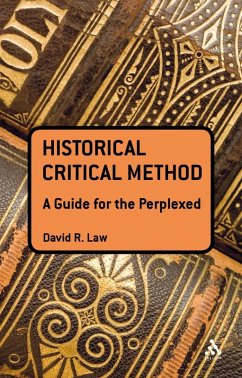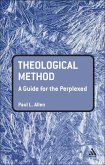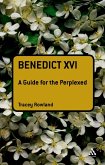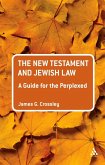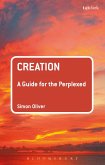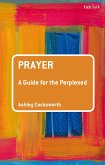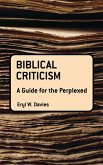Historical Critical Analysis is the main way in which the Bible (both the Hebrew Bible/Old Testament and the New Testament) has been examined and read by scholars in the last century.
The term refers to a range of methodologies which examine the origins of biblical texts, in relation to other contemporaneous texts, to form critical approaches and to questions of authorship, audience and authenticty. The aim is to get as close to the 'original text' and its 'original meaning' as possible. For many years Historical Critical Method has been the cornerstone upon which biblical scholarship is built, even as modern studies examine other theoretical approaches to reading the text in history, tradition, and from different audience perspectives the Historical Critical Method still presents the crucial starting point for students and scholars.
The term refers to a range of methodologies which examine the origins of biblical texts, in relation to other contemporaneous texts, to form critical approaches and to questions of authorship, audience and authenticty. The aim is to get as close to the 'original text' and its 'original meaning' as possible. For many years Historical Critical Method has been the cornerstone upon which biblical scholarship is built, even as modern studies examine other theoretical approaches to reading the text in history, tradition, and from different audience perspectives the Historical Critical Method still presents the crucial starting point for students and scholars.

